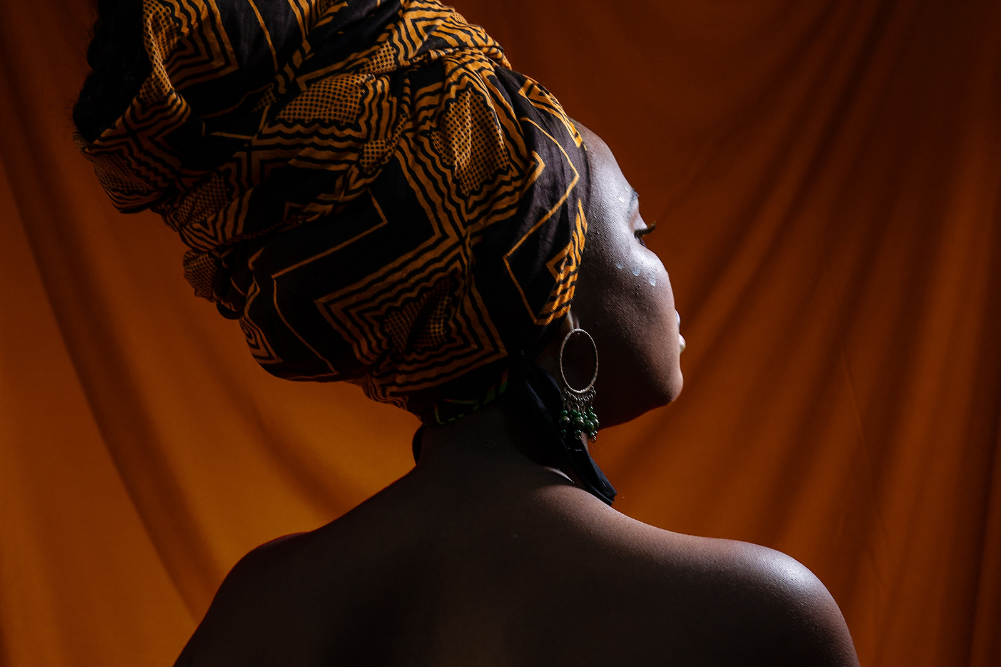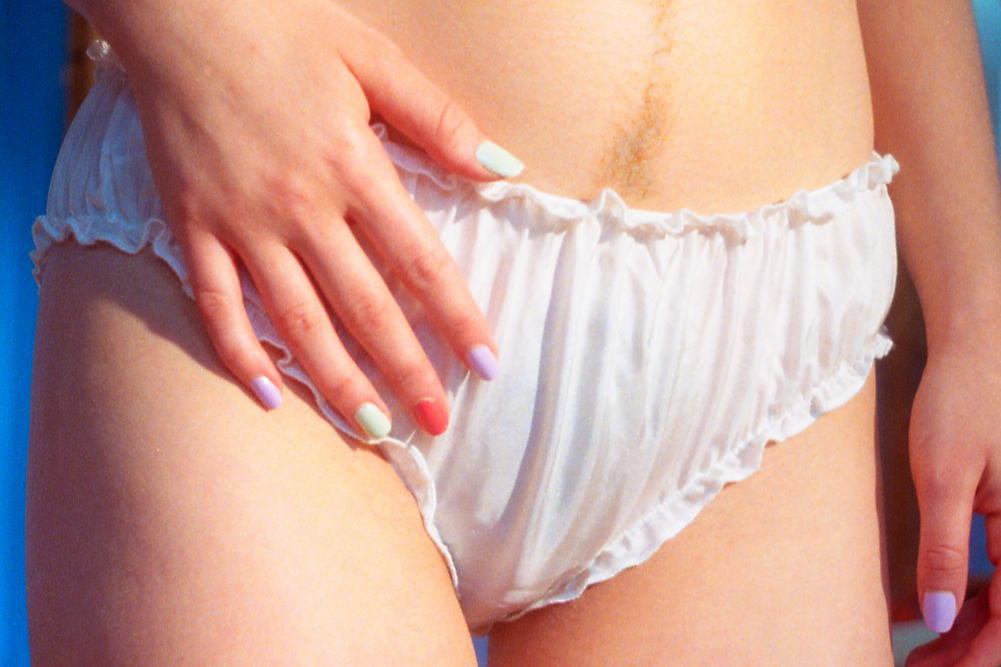There are many things I didn’t expect going into pregnancy. Namely, that I would spend the first few months with an undisguisable metallic taste in my mouth or that my ribcage would swell to seemingly double its size. But perhaps most of all, I didn’t expect to feel such angst towards my body.
Plenty of women revel in their morphing, pregnant bodies, and kudos to those who are able to embrace the change. Pregnancy is a wonder of a thing, miraculous even. To grow life inside these bodies of ours is quite something. But I am not one of those women. I do not, as I expected, want to document every growth spurt or gawk in wonder every time I pass a mirror. Quite the opposite. Mirrors have become sites of countless mini breakdowns and awe, yes, but not the good sort. More astonished horror than untainted admiration.
When I do brave a shiny surface, I don’t see a miracle, I see boobs that graze a bulking stomach and bras that do more to tourniquet my top half from my bottom than they do to offer any sort of support.
Trying to navigate this new body of mine has often felt like lolloping back to puberty. I am again awkward and uncomfortable, stuck inside this rapidly growing vessel and between the thoughts I have about it. The loudest of them stink of shame. For every new inch of skin, my self-esteem shrinks away.
Even on the good days, my body is a complex beast I must wrangle into ill-fitting clothes. As any mum knows, attempting to hide a bowling ball under your shirt does not make for an easy wardrobe.
None of this is to say I have hated my pregnancy or that I don’t feel an inordinate amount of respect for my body or love for the child inside it. I feel incredibly lucky to be able to experience pregnancy. Many women can’t, and that heartbreak pales in comparison to even the most debilitating of insecurities. I know this, because I would take a lifetime of shrivelled self-esteem for the daughter growing within me. I know it because I have sat inside a doctor’s office and been told it’s unlikely that I will conceive naturally. I have felt that weight and it cannot be compared to my current bodily burden.
But the sad truth is, we women are conditioned to feel like failures when we don’t conform to a strict physical specification — that of the petite woman. And pregnancy, literally, takes up space.
I have always been slim and like any privilege, I was mostly blind to it. Suddenly having access to an encyclopaedia of self-hatred, while carrying a soon-to-be woman into this world, has been a cruel revelation. I thought I was above the conditioning, that I had hacked the patriarchy. The male gaze? To hell with it. Oh, how easy it is to bat off the norms when you slip through their grasp.
This realisation, like the guilt for letting my smallest, meanest thoughts hijack a wondrous time, haunts me. But like any pain, it has left a care package of empathy and understanding at my doorstep.
Disliking our bodies is nothing new. It is not limited to pregnancy or puberty, in fact it is not caged by any context. Pregnant women might cease to be objects of sexual desire for nine months, but their bodies, like any female body, remain public property, a locus for discussion, an open invitation for remarks and regulation.
We exist in a society that rages with the desire to control women’s bodies and with the impulse to shame women who fail to perform pregnancy in a particular “glowing” fashion. And how powerful, how spiky that social conditioning is. How easily it tears up the soft edges of our rational minds. It does not matter how many times I remind myself I am growing human life, that adamant pendulum will swing the other way.
I wonder, then, what it will take to make the pendulum stick. I have a hunch that when I meet our baby girl, amazement for her, my creation, will disrupt the ever-swinging dialogue. But what will it take for women to feel celebration untarred by shame? What will it take to dismantle the inner and outer judgement? I don’t have the answers, but I do have an earnest desire to chip away at them.
Our biggest battle, perhaps, is against the strength of this subconscious conditioning. I didn’t learn the language of bodily self-hate overnight; it was already within me and I worry it’s within us all, waiting to be accessed. What had gone mostly undetected was capable of buckling my most celebrated ideals — that I am enough, that every woman is. I felt like a failed feminist.
There are so many intricate layers to this thing; a trifle of shame and guilt, with a cherry of weary on top, but its commonality can be our strength. I don’t want to offer glib advice about lifting each other up, but we must stop using other people’s insecurities as fodder to deepen our own. We must stop holding ourselves to the ideals set by algorithms and marketers. We must stop investing our happiness in an ever-moving yardstick.
Our physicality should be celebrated, but not for its dimensions. Our bodies are houses of ambition, strength and ability. They are, in their structure, perfect. Certainly, when I watch my daughter hit her first milestones, of rolling, crawling and walking, I hope to be reminded so.
Charlie Hale is an English-born journalist based in Sydney, where she writes about a plethora of things women care about — from pasta to politics and everything between. Charlie is also the deputy editor of WILD, WellBeing and EatWell magazines.




